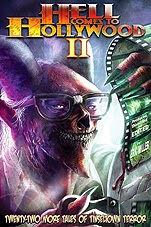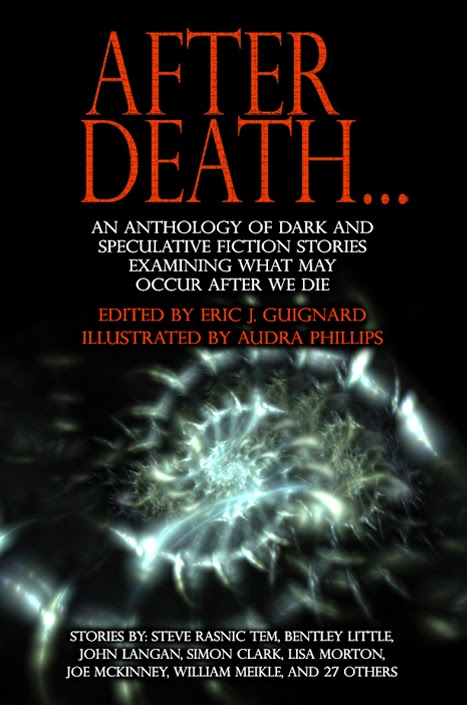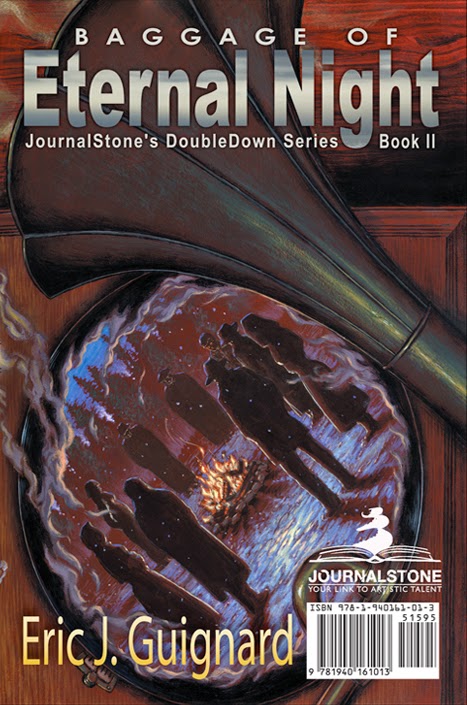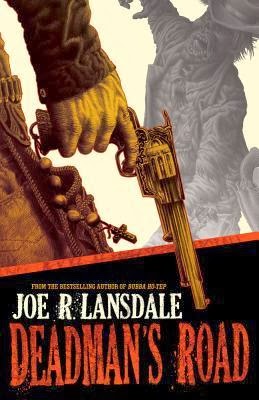I’ve had some recent short story publications over the past few months that I’m
particularly excited about!
*****
*****
The first is: Dreams of a Little Suicide,
which I consider to be one of my best pieces of writing yet. This tells the
story (urban legend... truth... ?!) of the munchkin that hung himself on-screen
during the Wizard of Oz.
Here’s the movie clip showing the tragedy: Hanging Munchkin (YouTube)
Here’s the movie clip showing the tragedy: Hanging Munchkin (YouTube)
And the story is for sale in the anthology book, Hell Comes To Hollywood II: Twenty-Two More Tales of Tinseltown Terror
(Volume 2) (October 1, 2014). Hell Comes To Hollywood II (Amazon)
 *****
*****My next story, An Unpleasant Truth About Death, is my first contribution to a ‘shared world anthology,’ meaning each of the authors writes a story that interrelates into one story line. In this case, it’s a collection of tales about teenagers playing Truth or Dare on Halloween. Great fun to write!
This story is for sale in the anthology book, Truth or Dare? (October 31, 2014). Truth or dare? A Halloween anthology (Perpetual Publishing)
*****

My southern humor/ Devil tale, Midnight and Jefe Bowman, was purchased and published online at Bad Dream Entertainment (September 21, 2014) here: Midnight and Jefe Bowman (Bad Dream)
I also read a seven minute excerpt of it at the CIA bar (California Institute of Abnormal Arts) in North Hollywood, part of the "Shades and Shadows" reading series. That reading is available here: Reading Midnight and Jefe Bowman (YouTube)
*****
 My sci-fi/ western tale, Last Days of the Gunslinger, John Amos, was purchased and published
online at Buzzy Magazine (July 3, 2014). This is a fast-paced tribute to
western weird tales and available here: Last Days of the Gunslinger, John Amos (BuzzyMag)
My sci-fi/ western tale, Last Days of the Gunslinger, John Amos, was purchased and published
online at Buzzy Magazine (July 3, 2014). This is a fast-paced tribute to
western weird tales and available here: Last Days of the Gunslinger, John Amos (BuzzyMag)
*****
Lastly, my sci-fi story about Planck time and Zeno’s
paradox, Living in the Moment, was
published online at Bewildering Stories on April 21, 2014 here: Living in the Moment (Bewildering Stories)
*****
Including reprints, I’m up to about 15 stories published so far during this
year. Not bad, considering I work full time (and more than one job, sometimes),
plus continuing college courses, volunteering for various groups, and raising
two small children!
And, as always, I’m also awaiting word of acceptance or
rejection on many other stories that are under consideration with publishers
and further awaiting publishing dates for purchased stories that hover in some
nebulous back-office limbo.
Midnight cheers,
Eric J. Guignard
_________________________________
Eric J. Guignard writes dark and speculative fiction from the outskirts of Los Angeles. Assorted stories and articles that bear his byline may be found in the disreputable publications reserved for back alley bazaars. As an editor, Eric’s published the anthologies, Dark Tales of Lost Civilizations and After Death…, the latter of which won the 2013 Bram Stoker Award®. Read his novella, Baggage of Eternal Night (a finalist for the 2014 International Thriller Writers Award), and watch for many more forthcoming books, including Chestnut ’Bo (TBP 2016). Visit Eric at: www.ericjguignard.com, his blog: www.ericjguignard.blogspot.com, or Twitter: @ericjguignard.
Midnight cheers,
Eric J. Guignard
_________________________________
Eric J. Guignard writes dark and speculative fiction from the outskirts of Los Angeles. Assorted stories and articles that bear his byline may be found in the disreputable publications reserved for back alley bazaars. As an editor, Eric’s published the anthologies, Dark Tales of Lost Civilizations and After Death…, the latter of which won the 2013 Bram Stoker Award®. Read his novella, Baggage of Eternal Night (a finalist for the 2014 International Thriller Writers Award), and watch for many more forthcoming books, including Chestnut ’Bo (TBP 2016). Visit Eric at: www.ericjguignard.com, his blog: www.ericjguignard.blogspot.com, or Twitter: @ericjguignard.

















